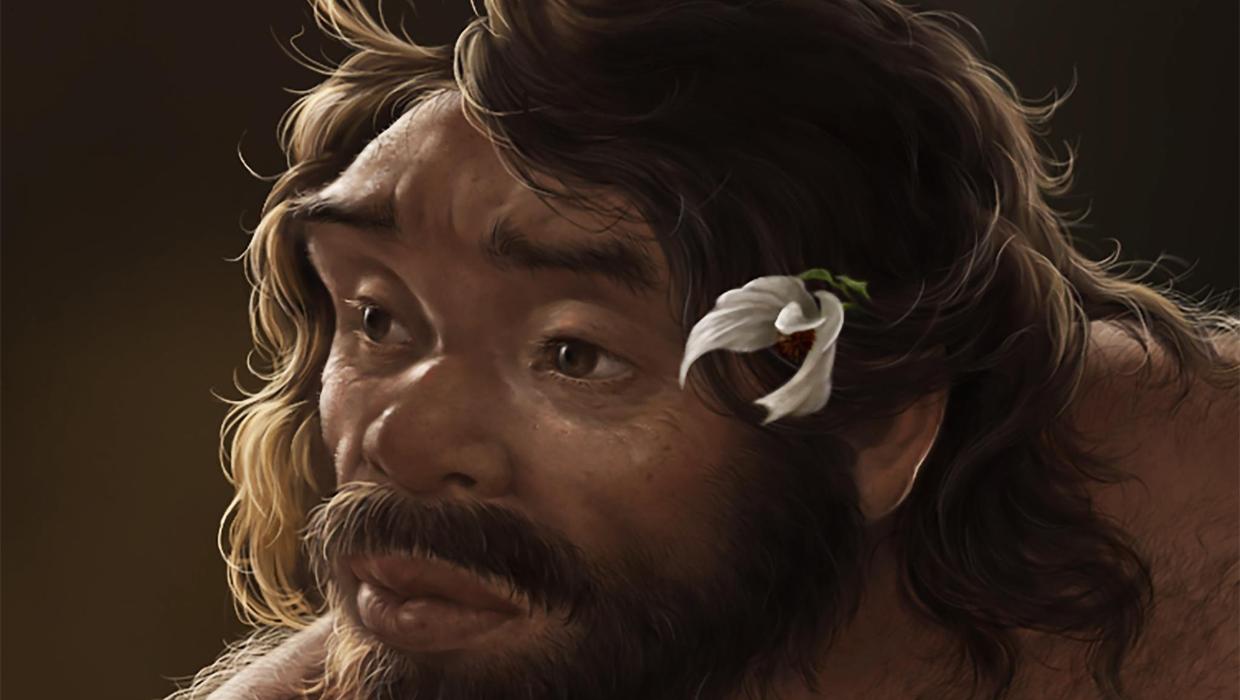Science
Ancient Skull Challenges Human Evolution Timeline, Suggests New Age

A recently discovered fossilised skull is prompting a reevaluation of the timeline of human evolution. This finding suggests that the emergence of our own species, Homo sapiens, may be significantly older than previously established estimates, potentially altering our understanding of human ancestry.
The skull, unearthed in Africa, has been dated to be around 300,000 years old. This discovery raises important questions regarding the lineage and development of early humans. According to research conducted by a team from the University of Cambridge, this skull could indicate that modern humans coexisted with other hominins much earlier than earlier believed.
Researchers are now examining the implications of this finding on the broader narrative of human evolution. Traditionally, textbooks have placed the origin of Homo sapiens at approximately 200,000 years ago. The new evidence challenges this notion, suggesting that the timeline may need significant adjustments.
In a statement, lead researcher Dr. Sarah Thompson emphasized the importance of this discovery, noting, “The fossilised skull provides key insights into our evolutionary history. It suggests that our understanding of when and how modern humans evolved is evolving as well.” This sentiment underscores the necessity for ongoing research in the field of paleoanthropology.
The implications of this skull reach beyond mere academic debate. If the current understanding of human origins shifts, it could affect various domains, from anthropology to genetics. Scholars are particularly interested in the potential for greater exploration into the interactions between early human species.
As scientists continue to study the skull and its context, they are also revisiting existing fossils and archaeological sites for further evidence. The research team plans to publish their complete findings in a peer-reviewed journal later this year, which may provide additional clarity on the evolutionary timeline.
The discovery of this skull not only adds to the growing body of evidence that challenges established theories of human evolution but also highlights the dynamic nature of scientific inquiry. As new artifacts come to light, they often compel researchers to reconsider long-held beliefs.
In addition to this skull, several other important fossils have been dated recently, further complicating the narrative of human evolution. The combination of different findings points to a more intricate and intertwined history of human development than previously understood.
Understanding our ancestry is crucial for various reasons, including insights into human behavior and adaptation. As researchers delve deeper into this new evidence, the ongoing debate about our origins will likely continue to evolve.
In summary, the discovery of this ancient skull represents a pivotal moment in the study of human evolution. It not only poses questions about the timeline of our species but also encourages scientists to expand their research horizons. As the field progresses, it will be essential to remain open to new interpretations and findings that may reshape our understanding of where we come from.
-

 World3 months ago
World3 months agoTest Your Knowledge: Take the Herald’s Afternoon Quiz Today
-

 Sports3 months ago
Sports3 months agoPM Faces Backlash from Fans During Netball Trophy Ceremony
-

 Lifestyle3 months ago
Lifestyle3 months agoDunedin Designers Win Top Award at Hokonui Fashion Event
-

 Sports3 months ago
Sports3 months agoLiam Lawson Launches New Era for Racing Bulls with Strong Start
-

 Lifestyle3 months ago
Lifestyle3 months agoDisney Fan Reveals Dress Code Tips for Park Visitors
-

 World3 months ago
World3 months agoCoalition Forms to Preserve Māori Wards in Hawke’s Bay
-

 Health3 months ago
Health3 months agoWalking Faster Offers Major Health Benefits for Older Adults
-

 Politics3 months ago
Politics3 months agoScots Rally with Humor and Music to Protest Trump’s Visit
-

 Top Stories3 months ago
Top Stories3 months agoUK and India Finalize Trade Deal to Boost Economic Ties
-

 World3 months ago
World3 months agoHuntly Begins Water Pipe Flushing to Resolve Brown Water Issue
-

 Entertainment3 months ago
Entertainment3 months agoExperience the Excitement of ‘Chief of War’ in Oʻahu
-

 Science3 months ago
Science3 months agoNew Interactive Map Reveals Wairarapa Valley’s Geological Secrets









